When I received a pre-release copy of Tragic Shores in the post, my immediate reaction was:
Ugh, another travelogue about all these sad places around the world.
“In this stunning memoir, Thomas travels with his wife and daughter to less traditional family holiday spots…” the press release had stated. I was skeptic to say the least.
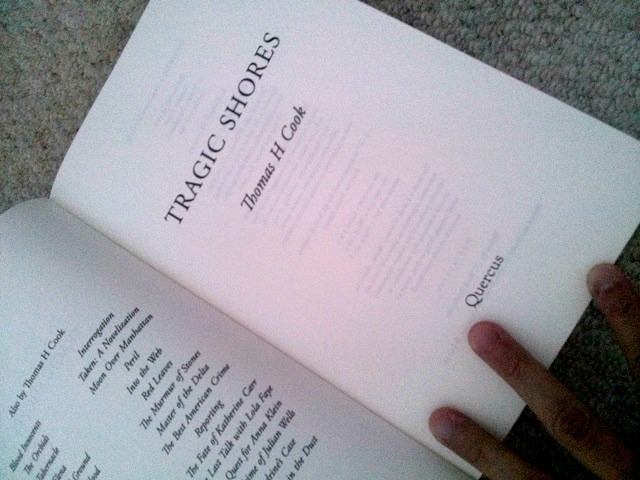
A scan through the Table of Contents revealed the usual black tourism hot spots: Auschwitz, Hiroshima, Derry/Londonerry, Ground Zero and Tuol Sleng. Places where war and conflict had inflicted so much death in history, both past and immediate; of stories told, over and over again.
The tragedy. The sadness. The loss.
They’ve all been written about so many times over, including a few blog posts by myself that I couldn’t imagine yet another book talking about them.
However, a bit more digging into the content, there were places I’ve never thought to associate with dark places.
Fiji?
Buenos Aires?
Copenhagen harbour? Verona?
In fact, some of the places I’ve never heard of, appeared in between the chapters.
I was intrigued.
It was the curiosity that led me into the world of Tragic Shores, written by Thomas H. Cook, more known for his crime novels – more than thirty – with several awards under his pen.
This is Cook’s first non-fiction book, ‘a memoir of dark travel’.
Cook begins the book with a prologue that describes the way his father saw death, of the way he used to speak of death – that to die young is a blessing not to have to witness this world filled with tragedies, to which Cook describes as “the darkest thing I had ever heard, or would ever hear.”
The series of dark places in Cook’s book then takes us around the world, to places that were filled with horrors and atrocities the human race continue to inflict on each other, of the tragedies caused by class, by blind hatred, racism and grotesque fantasies.
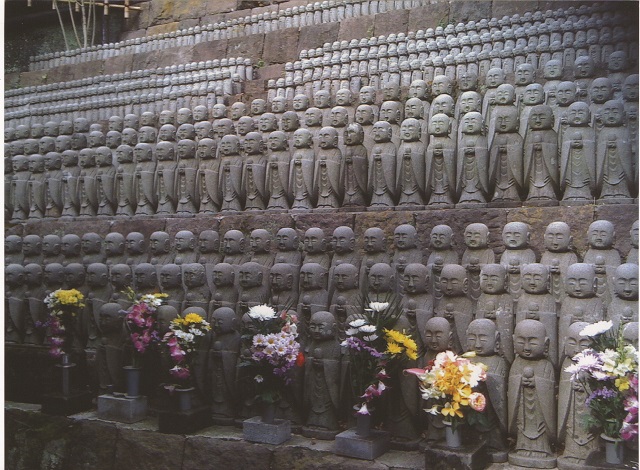
Then, there are dark places which took on more philosophical definition, from the mourning mothers of Hasedera whose grief for their deceased children became a money making venture for the temples providing them a place to shower the spirits with love, to the main square of Buenos Aires – Plaza de Mayo – where the Madres of ‘The Disappeared’ still march through the corridors, but only for the purpose of tourist photographs.
There’s also Juliet’s balcony in Verona. Visited by tourists in their thousands, with Juliet’s breast polished by the hands that rubbed it for ‘good luck’. Is it dark? Well, yes, if you really think about it, as what Cook also reflected: it does make it rather sad to see, the city is able to attract and make money from the international tourists that come here for the sole purpose of reliving a moment in a fictional characters life.
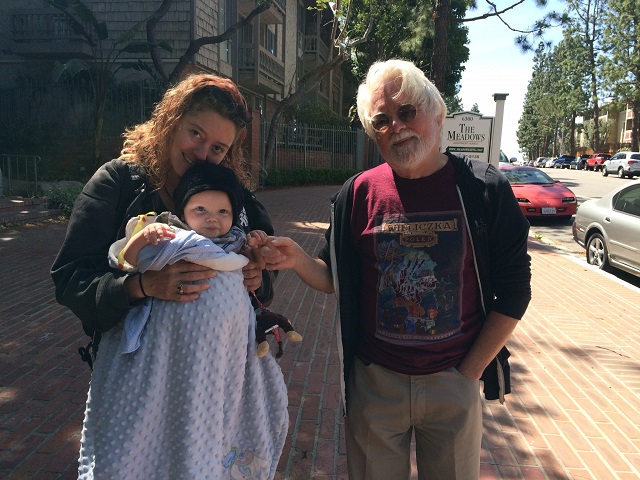
This train of thought forms the consistency in Cook’s observation in these dark places. In his chapter about Hiroshima, he stresses that it wasn’t the actual event that made this place a dark place for him. It was the rather randomness of the Peace Bell, the giggling tourists posing for photographs in happy silly smiles, and the school children who come here just to ‘practice English’ that makes it a bizarrely dark experience for his and his family.
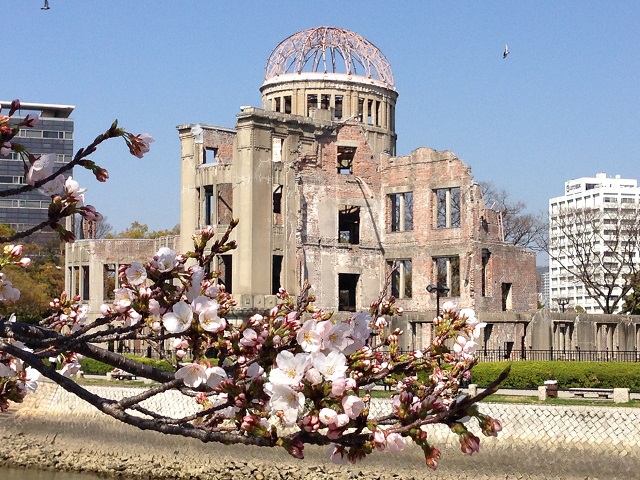
While touring around the world in search of dark places, Cook doesn’t let us forget that dark places can happen in our own countries too. His chapter on New Echota reminds us of the unfair exodus of the Cherokee from their own land and soil, and the section on Derry/Londonderry talks of the emotional and physical division of two very different Irelands.
I was particularly drawn to his short chapter on Alice Springs, where he writes “What I saw and heard was a helpless perplexity that made it impossible to discuss… in this case the failure of every attempt to ‘integrate’ the aboriginal population into the social and economic life of a country wholly dominated by immigrant whites”. It is an issue that I, whose high school history education back in Oz focused on the greatness of Captain Cook’s ‘discovery’ of Australia, know well.
What I loved about this book is that it really isn’t a travelogue. Cook’s prose on describing the background and reflection of each of these places give us the space to think for ourselves, to reflect on the history we thought we knew.
It makes us question what makes a place or a situation dark and that sometimes, it is the vulnerability of our nature to dwell upon an issue for too long that makes it all the one shade darker.
Of course, this book has a twist too, written in a way only a crime writer could.
In the end, what you’ll find is this book is not really about the dark places at all. It is really a love story.
It is a tribute to Cook’s late wife and all their adventures together.
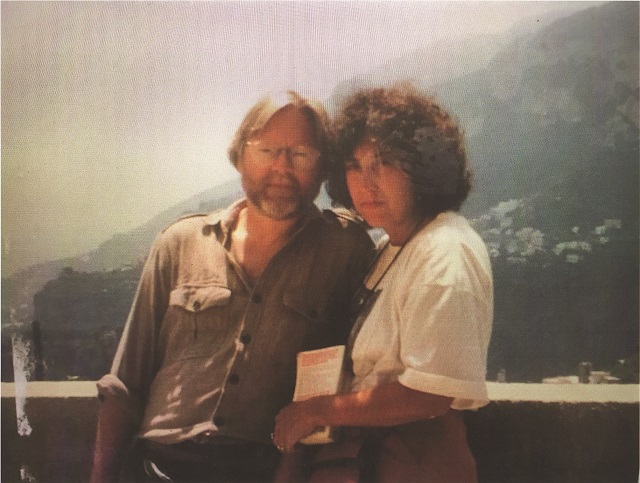
He doesn’t write it, but you have a feeling that he misses her, very much.
And the darkest place of all, as he finds this out himself, can sometimes exist in our own solemn hearts.
Tragic Shores, published by Quercus, will be on the shelves in the UK on 04 May 2017.
Or, purchase the book here from Amazon: Tragic Shores: A Memoir Of Dark Travel

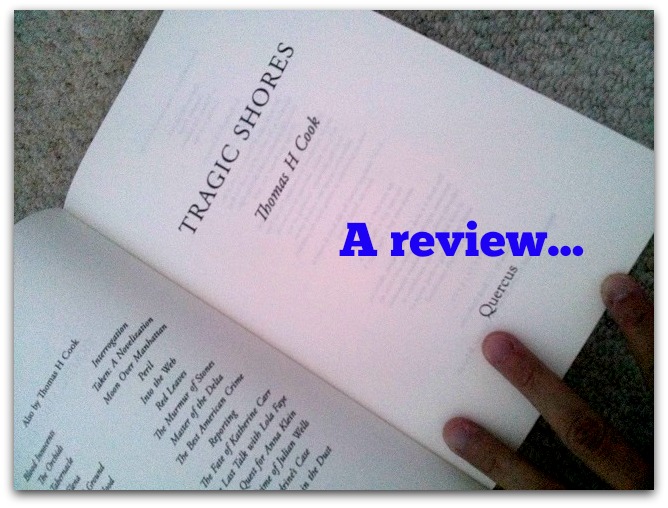
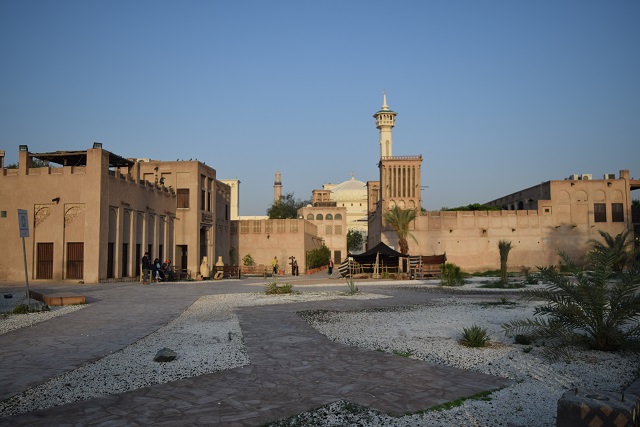 5 things that make old Dubai cool
5 things that make old Dubai cool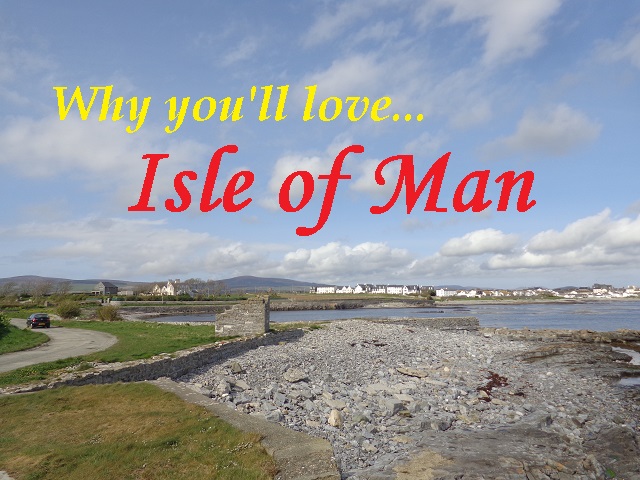
Share your thoughts below!